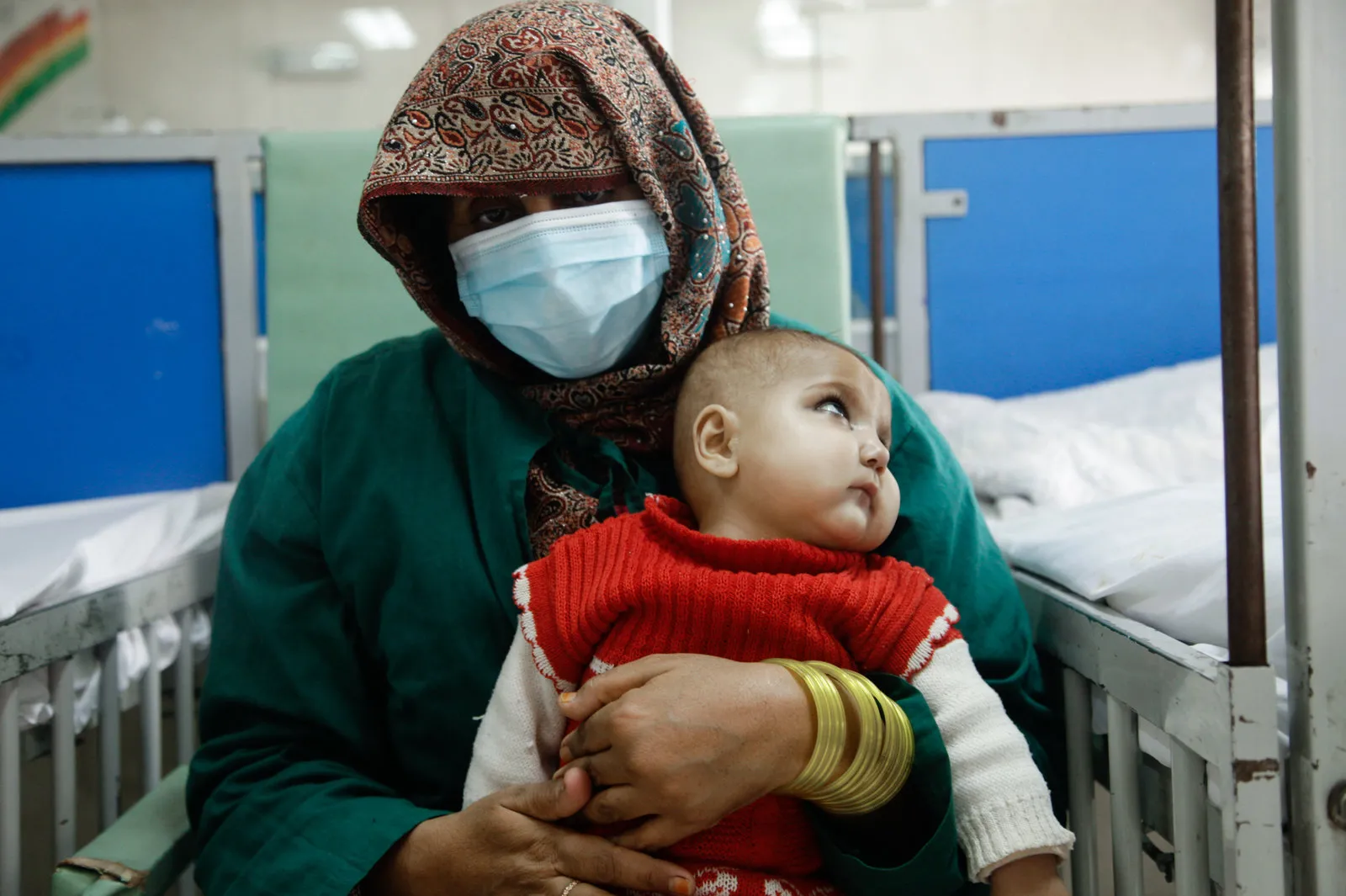Afghanistan has experienced periodic drought over the past 30 years, but none occurring simultaneously with widespread insecurity and a global pandemic—until now. The combined effects of this triple crisis are having a devastating impact on people throughout the country, particularly on women and girls.
CARE conducted a Rapid Gender Analysis in June/July 2021 to assess the gendered impact of the drought in Afghanistan. In-person surveys were completed with 352 participants (63.5% female, 36.5% male) in Balkh, Ghazni, Herat, and Kandahar provinces; focus group discussions with 220 women; and interviews with 20 people (20% women and 80% men).
Key findings of CARE’s Rapid Gender Analysis in Afghanistan
- Nearly 90% of women in Kandahar do not decide themselves whether they can engage in income-generating activities
- 64% of women surveyed are not involved in community-level decision making
- Nearly 70% of women had not been consulted about their needs by humanitarian organizations
- Men were three times more likely to report having a balanced diet than women, and that they could eat more dairy and meat than women
- Nearly 80% of women surveyed had unmet menstrual hygiene needs
- Gender-based violence, particularly intimate partner violence and child, early, and forced marriages has increased since the drought began.
Marianne O’Grady, CARE Afghanistan Deputy Country Director, said, “The triple crisis of the economic hardship created by the pandemic, the drought and the current insecurity leaves women in an incredibly difficult situation. Hard-won gains by women and girls are being rolled back. More and more, women have less say over their own lives, bodies, families, access to livelihoods and humanitarian assistance. There is a long, tough road ahead for them but there are steps that can be taken to support and empower women and girls. We need to ensure that all humanitarian assistance is needs-based and adapted to meet the distinct requirements of people of all ages, abilities and genders; the safe and active participation of women in humanitarian action must be promoted; and gender-based violence risk mitigation must be integrated into all programs. To support these recommendations, CARE calls on donors to increase investments in targeted interventions for gender equality and the empowerment of women and girls.”
For More Information:
Rachel Kent
Senior Press Officer
Rachel.Kent@care.org

